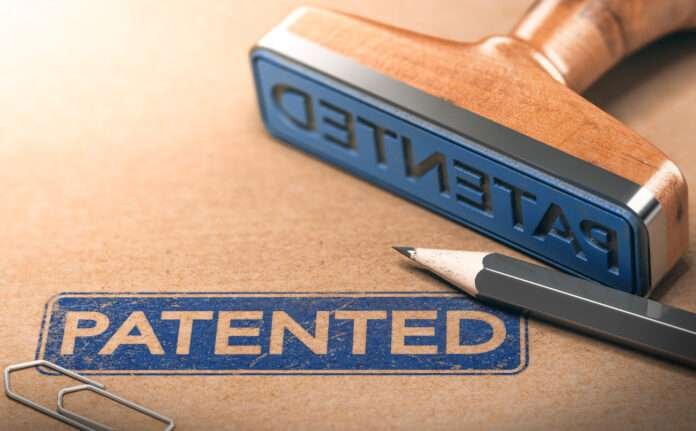EMPACT (the European Multidisciplinary Platform Against Criminal Threats) is an integrated approach to the fight against organized and serious international crime in the European Union.
Member states and different EU institutions, bodies and agencies work together on various fronts to ensure internal security, from exchange of information to training and joint operational actions aiming at dismantling criminal networks.
Organized and serious international crime cause great damage to an economy, harming individuals and society as a whole. Often, criminal networks are highly complex, and any strategy with the hope of suppressing the crime needs equally to be multidisciplinary and multi-agency to make the fight effective and efficient.
While intellectual-property (IP) crime tends not to create a horrid image of grave wrongdoings in the mind of an average consumer, in reality it is linked to other serious crimes, such as online and offline fraud, online identity theft, forced labor, tax evasion and, in some cases, even the financing of terrorism.
This “soft” form of crime, as it is often perceived, depends on a host of actors to produce, assemble, repackage, relabel and distribute goods. The criminals operate within and across continents, not needing to heed any safety, human-rights or environmental concerns.
According to a 2021 joint report by the Organization for Economic Cooperation and Development (OECD) and the European Union Intellectual Property Office (EUIPO), in 2019 the volume of international trade in counterfeit and pirated products was estimated to be as much as US$464 billion, or 2.5% of world trade.
Meanwhile, imports of counterfeit and pirated products into the EU amounted to as much as €119 billion (US$134 billion), or up to 5.8% of EU imports.
These figures are significant, resulting each year in billions’ worth of losses in legitimate product sales and taxes and hundreds of thousands of lost jobs, not to mention things that are harder to measure, such as damage to a company’s reputation or competitiveness.
In Southeast Asia, the rough estimate of the volume of counterfeit goods originating from or transiting through the region was $36.4 billion in 2017. More coherent terminologies and data collection methods used among Southeast Asian countries are still lacking to make calculations more accurate.
To combat organized and serious international crime, including IP crime, the EU introduced EMPACT as a member-state-driven initiative more than a decade ago, which has now become a permanent instrument with a four-year policy cycle.
In each cycle, threats and threat priorities are identified, strategic plans on how to tackle them are developed, actions are undertaken and achievements are reviewed.
The instrument involves law-enforcement and customs officials of member states as well as EU agencies such as Europol and the EUIPO. Since the EU does not have common criminal law, cooperation on cross-border law enforcement has been made possible by EMPACT to cope with the increasingly cross-border and even cross-continent nature of IP crime.
In 2022, operations within the framework of EMPACT resulted in 115 arrests and seizures of 9.4 million counterfeit cosmetics and perfumes, 1.2 million counterfeit car parts, 100 kilograms of illicit drugs and 2 million pharmaceutical products, and 320,000 counterfeit clothes and accessories, among others. The assessed value of the seized counterfeit products was €42 million.
While the value of global trade in counterfeit and pirated goods has remained high and stable in the past 10 years, at around 2.5% on average of all trade, and the value of seized products remains relatively low, there is room for improvement.
The EU has been engaging non-EU countries in promoting IP rights protection and enforcement through an array of government-to-government cooperation programs. For example, the IP Key South-East Asia project centers its enforcement initiatives on capacity-building, sharing of the latest enforcement best practices and establishing cooperation networks with national law-enforcement authorities in the region.
Meanwhile, EMPACT operations are open to non-EU countries across the globe if they wish to play a role in stopping the production and distribution of counterfeit and pirated goods.
These operations come with different names and focuses. For example, Operation Elektron deals with counterfeit electronic devices; Operation Aphrodite with illicit physical and online trade in counterfeit cosmetics; and Operation Fake Star with counterfeit goods infringing well-known brands.
The fight against IP crime and all other types of organized and serious international crime is a never-ending endeavor and needs as much support as possible from all the relevant authorities and the general public.
Less IP crime makes a person safer, a company more profitable, an economy wealthier and a country more secure while the environment is also better protected.
Post Disclaimer
The information provided in our posts or blogs are for educational and informative purposes only. We do not guarantee the accuracy, completeness or suitability of the information. We do not provide financial or investment advice. Readers should always seek professional advice before making any financial or investment decisions based on the information provided in our content. We will not be held responsible for any losses, damages or consequences that may arise from relying on the information provided in our content.



